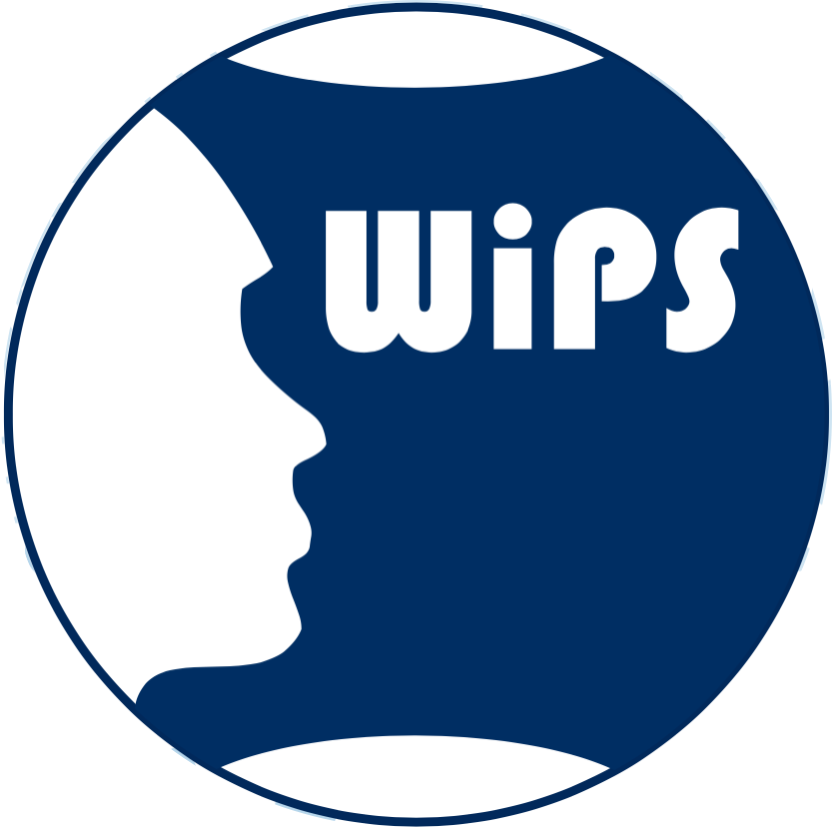Madeleine Lewis, MSc
University of Bristol and British Antarctic Survey (UK)

Madeleine, in a yellow parka, standing on a small supraglacial moraine on Feiringbreen glacier overlooking Kongsfjord, Svalbard, this year (July 2023) whilst on a fieldtrip collecting and measuring ice samples with cutting edge in-situ technology.
What’s the work that you do?
I am researching for my PhD on the micro-environment of snow and ice and the microbial community that inhabits it. I work upon the supraglacial and englacial communities that include algae, bacteria, fungi and viruses, and try to find out what they experience as individual cells living within an ice-crystal matrix. I am specifically interested in the transition from the melting surface of the glacier/icesheet, into the englacial ice we uncover in ice-cores, and how the microorganisms survive this process. I am part of the MicroLab@Bristol research team that specialises in glacial algal blooms and the Ice-core team at the British Antarctic Survey.
What keeps you going?
Spending time in nature, particularly in the mountains, surrounded by snow and ice is one of my greatest joys. I am a very curious person and am often seeking answers as to how and why nature appears as it does – often those answers begin with very small things. I genuinely adore the ability to satisfy my curiosity and find out what is really going on around us in the microscopic world. It is amazing to be able to put something under the microscope and see a tiny, secret universe that you didn’t know existed before.
What’s your message to the world?
I would like to encourage people to take notice of the natural environment around them and be inspired by how nature innovates and collaborates in pursuit of a goal. Nature can be a wonderful teacher and we have so much more to learn about how it works, including our own role within it. Whenever you can, get out there and experience it before it is gone!
Organisation: University of Bristol and British Antarctic Survey (UK)
Nationality:
UK
Disciplines:
Connect:
